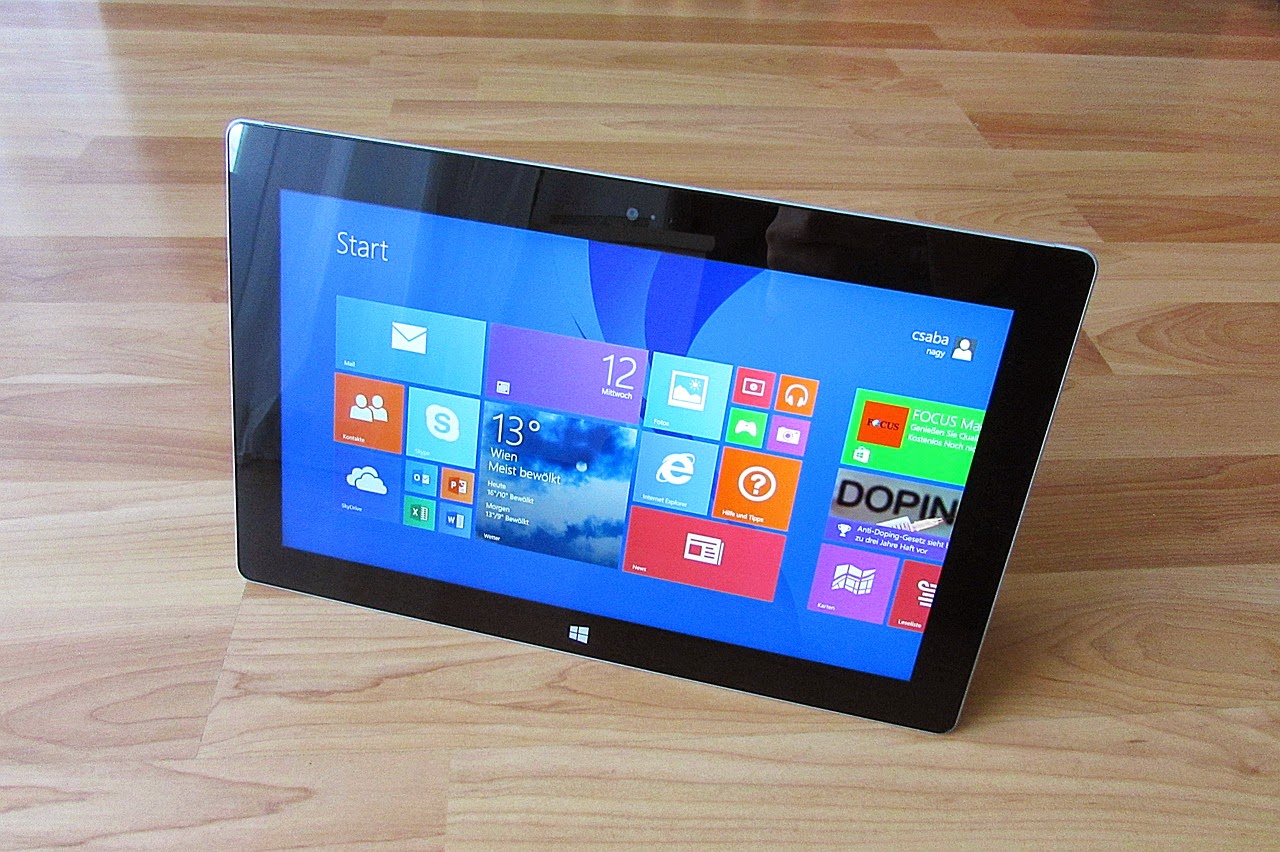 Are you someone who've just started running Windows 8 on a shiny
new PC and have been beating around the bushes trying to figure out how to use
it to the fullest? Or are you someone who just updated their laptop or desktop?
If so, you probably have worked your way through the basic tutorials of
Windows, as well the basics of Windows 8.
Are you someone who've just started running Windows 8 on a shiny
new PC and have been beating around the bushes trying to figure out how to use
it to the fullest? Or are you someone who just updated their laptop or desktop?
If so, you probably have worked your way through the basic tutorials of
Windows, as well the basics of Windows 8.
Managing and customizing Windows is a different story with
Windows 8. There are plenty of new commands and features in Windows 8 are
hidden or quite hard to find, so it won't take too long before you figure out
where and how to perform a specific task. Tablet users can swipe their way
around the Start screen and Windows 8 apps with their touch-sensitive displays,
but PC users are up for a challenge with the new Windows version. However, here
are some power-user tips that are guaranteed to make it a smooth ride for you
with your Windows 8 desktop or laptop.
Even though you can use
your own personal background image to Windows 8's Start screen, you can still
liven it up with a splash of different colors and styles. If you'd like to
customize your Start screen, simply open the Charms bar, and then click on the
Settings charm, and then click on the Change PC settings link. On the PC Settings screen, click on the
Personalize tab. On the right pane of the Personalize section, click on the
link for Start screen. From these, you can choose a style from one of the two
rows of icons under the Start Screen's preview window, and then choose your
desired color from the palette below.
If you would like to have
a sneak peek of the color combinations you've chosen, press the Windows key on
your keyboard to get a preview of the new Start screen before saving it. Press
the Windows key again to go back to the Personalize tab if ever you changed
your made about the colors or style.
You can perform this
action right from the Start screen, just by typing the name of the application,
setting, or file in order to locate it. For example, if you type the word
"Windows" on the Start screen, you'll see all programs, apps, or
files that have Windows on it from the search result such as Windows Defender,
Windows Media Player, Windows Firewall, etc.
From there, you can even
filter the search results by clicking the Settings option on the right panel,
and you'll see specific settings related to Windows. If you click the Files
option, you will receive a filtered search of all files or documents that
contain the word "Windows" in their name or description. Once you
have found what file or app you're looking for, simply click on it from the
search results to access or open it from there.
Compared to previous
Windows versions, connecting to a wireless network is considered to be much
easier in Windows 8 -- as long as you know where to find the option to do it.
To connect to a Wi-Fi
network, open the Charms bar, then click on the Settings icon. This is where
you will see the icon for the wireless network availability. If you haven't
connected to a Wi-Fi network yet and there's one or more networks available,
the icon will display the word "Available" and that's where you need
to go to. On the next screen, you'll see a list of nearby wireless networks.
Click the network you wish to connect to, select the option to remember the
connection, in case you would want your computer to automatically re-connect to
it the next time you're back on the same location.
After that, you may be
prompted to enter the network security key, if the network requires one. Tell
Windows if you want to turn on sharing between your PC and other devices on the
network. If you right-click on a particular network, you will find additional
information and options to help you manage that network.
By having a Microsoft
account, you have the ability to synchronize a variety of settings across
multiple Windows 8 PCs such as your account picture, Lock screen background,
browser favorites, and passwords. By enabling this option, you also get to pick
and choose which settings you would like to sync.
To do this, open the
Charms bar, then go to Settings, and then click on the Change PC settings link.
On the next screen, go to the Sync your settings section. On the top of the
right pane, you will find the option where you can toggle the sync option to
either On or Off. If you enable it, you will have the option to choose
different categories of settings that you wish to include in the
synchronization process.
No comments:
Post a Comment